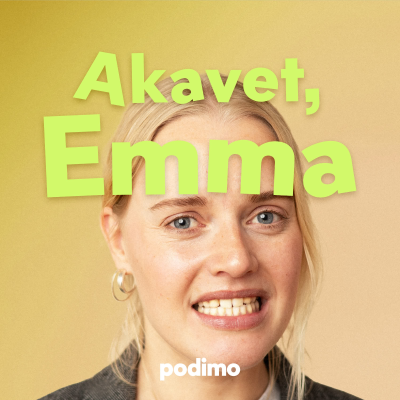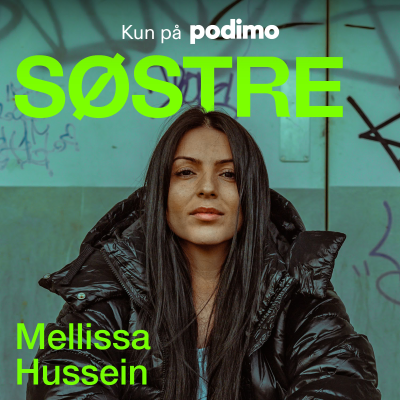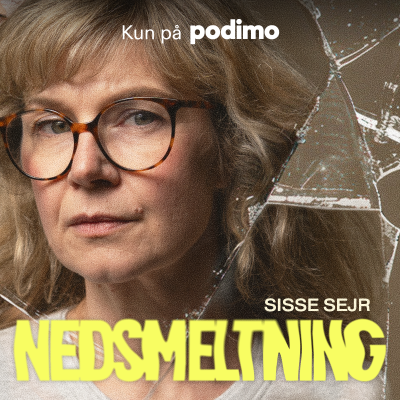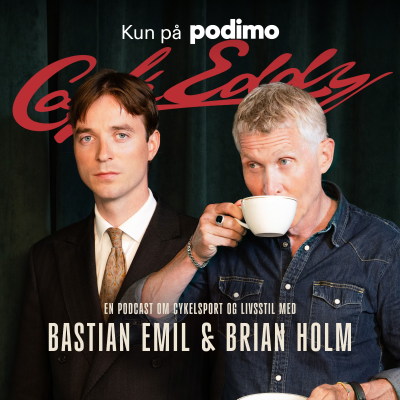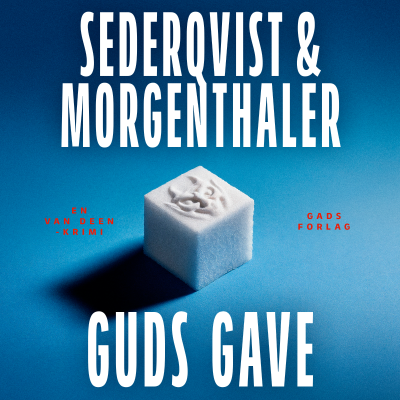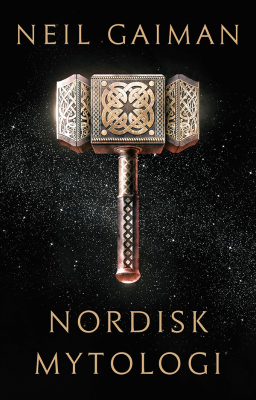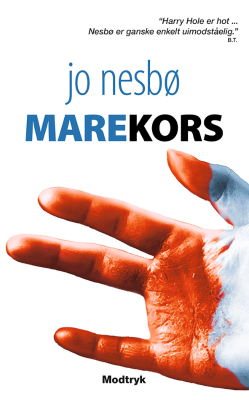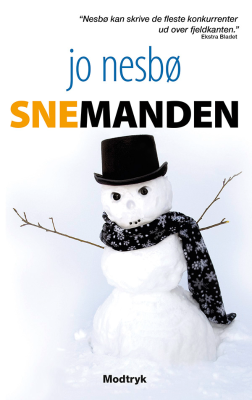
Think Out Loud
engelsk
Nyheder & politik
Prøv gratis i 14 dage
99 kr. / måned efter prøveperioden.Opsig når som helst.
- 20 lydbogstimer pr. måned
- Podcasts kun på Podimo
- Gratis podcasts
Læs mere Think Out Loud
OPB's daily conversation covering news, politics, culture and the arts. Hosted By Dave Miller.
Alle episoder
6577 episoderBend paraplegic skier qualifies for 2026 Paralympic Winter Games
Next Friday, the 2026 Paralympic Games [https://www.paralympic.org/milano-cortina-2026/sports] kick off in Milan Cortina, the same region in Northern Italy which hosted the recently concluded Winter Olympics. Anna Soens is an alpine skier from Bend with incomplete paralysis who earned a spot on the Team USA roster. She will now head to Italy to join more than 650 athletes from around the world vying for victory in nearly 80 medal events. It is her first time competing in the Paralympics where she has qualified for five events: downhill, super-G, alpine combined, giant slalom and slalom. The achievement is even more impressive considering that she has only been skiing with the use of adaptive equipment for less than a decade after an accident at a Portland rock climbing gym left her with incomplete paralysis below the hips. In 2018, Soens became the first woman with paraplegia to summit Mt. Hood [https://bendbulletin.com/2018/06/21/woman-with-partial-paralysis-sets-mountaineering-records/], which she did with her father, and she is the first person to descend its summit using a sit-ski. Soens joins us to share her remarkable athletic journey and hopes for her Paralympic races.
Portland Playhouse stages work centering intergenerational experiences of Black women artists
Portland Playhouse in Northeast Portland is currently performing "Angry, Raucous, and Shamelessly Gorgeous [https://portlandplayhouse.org/shows-events/raucous/]." The play follows four Black women artists as they confront their own and each other’s evolving definitions of art, protest, and storytelling. Audiences have until March 15 to see performances by Faith Lavon and Ashlee Radney, who play actors of different generations. They join us to discuss the production and its relevance today.
Documentary ”Holding Liat” focuses on a Jewish family’s struggles after October 7
On October 7, 2023, Liat Beinin Atzili and her husband Aviv Atzili were kidnapped from their home in an Israeli kibbutz. The new documentary “Holding Liat” follows Liat’s family — including members in Portland — in the days and months that followed as they fight for her release and face their own conflicting perspectives on the crisis in Israel and Gaza. Lance Kramer, one of the producers of the film, and Joel Beinin, Liat’s uncle, join us.
What does it take to protect bighorn sheep?
The Confederated Tribes of Warm Springs were recently recognized by the Wild Sheep Foundation for their ongoing efforts to preserve bighorn sheep populations. They’ve been taking measures to protect wild sheep in Oregon since the 1980s, helping to manage disease and predation. Austin Smith, general manager of the Confederated Tribes of Warm Springs branch of natural resources, joins us to discuss what’s threatening the population, and what it takes to protect these animals in Oregon.
New OHSU study finds nearly a third of Medicaid-enrolled physicians don’t see Medicaid patients
Earlier this month, Oregon Health and Science University released new nationwide data [https://news.ohsu.edu/2026/02/02/ghost-providers-hinder-access-to-health-care-for-medicaid-patients] that found low physician participation in Medicaid. Researchers deemed these physicians “ghost” providers: physicians who are enrolled in Medicaid, but don’t care for even a single patient covered by the federal health insurance program. Those findings also revealed that another third of physicians who are enrolled in Medicaid may be overburdened, with higher-than-average yearly patient volumes. Dr. Jane Zhu, associate professor of medicine at OHSU, joins us with more details.
Vælg dit abonnement
Premium
20 timers lydbøger
Podcasts kun på Podimo
Gratis podcasts
Opsig når som helst
Prøv gratis i 14 dage
Derefter 99 kr. / måned
Premium Plus
100 timers lydbøger
Podcasts kun på Podimo
Gratis podcasts
Opsig når som helst
Prøv gratis i 7 dage
Derefter 129 kr. / måned
Prøv gratis i 14 dage. 99 kr. / måned efter prøveperioden. Opsig når som helst.






